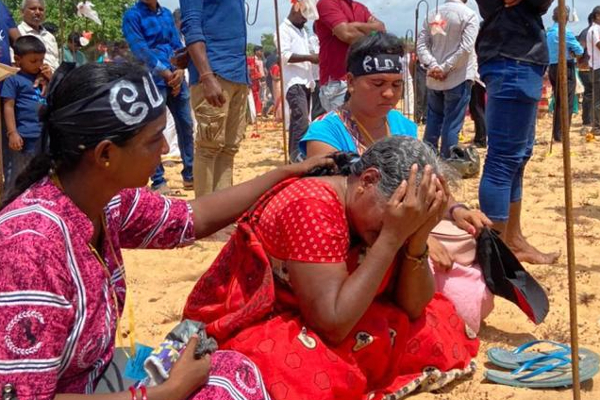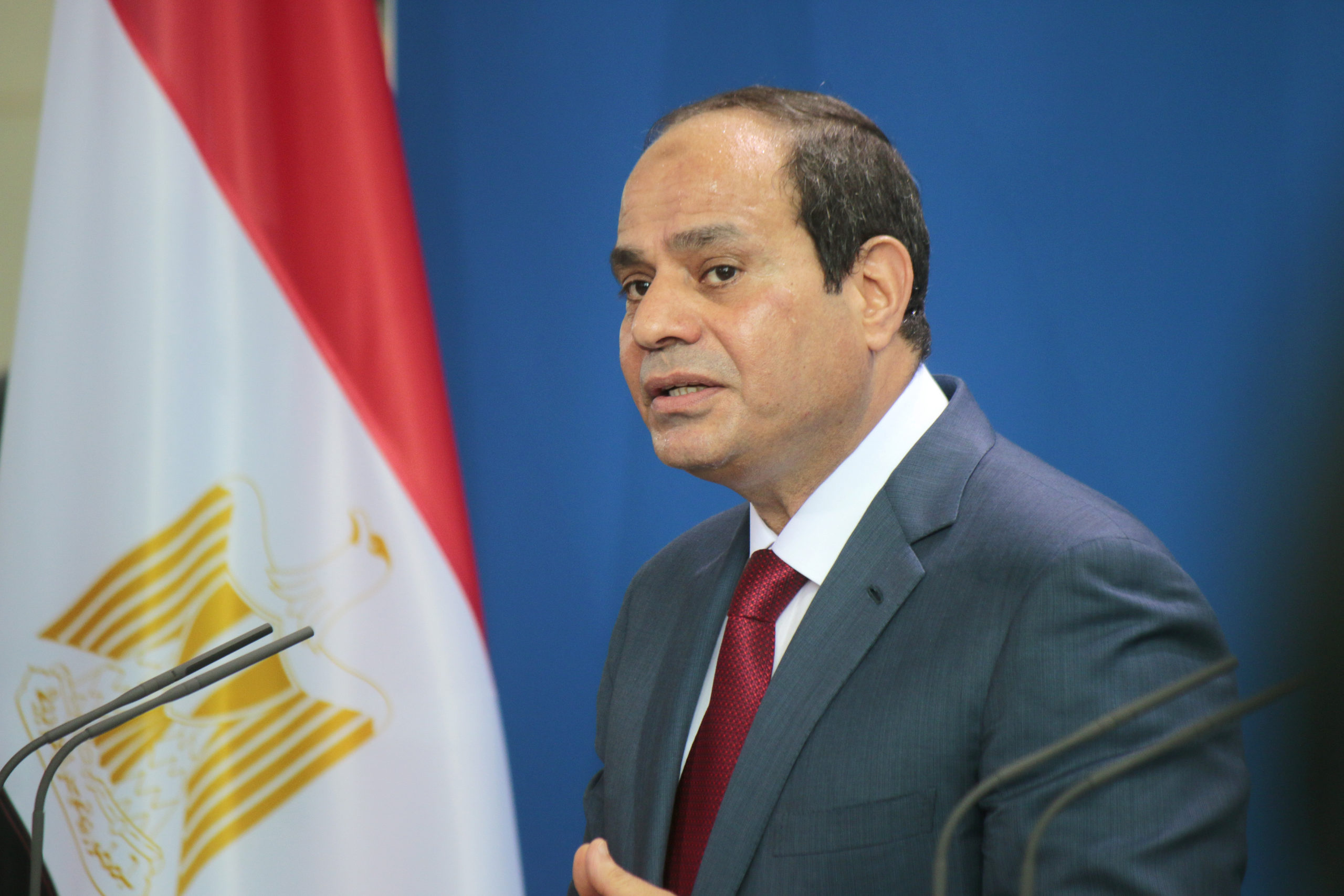

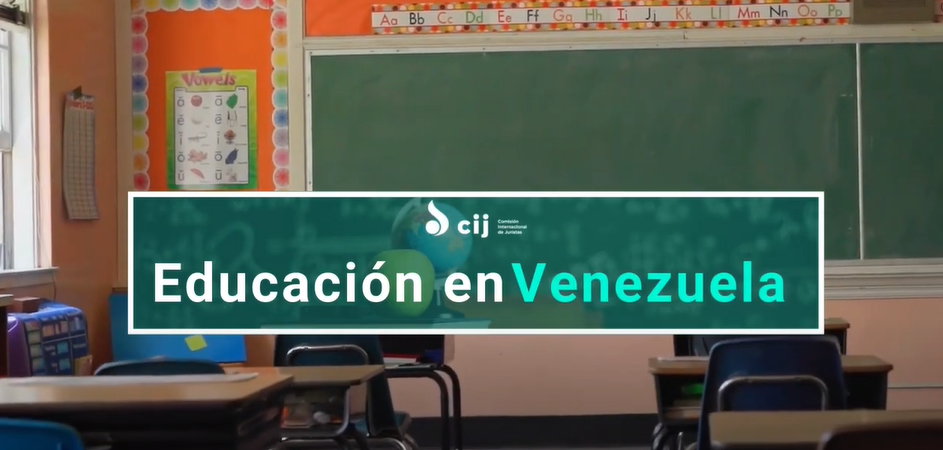
Venezuela: the collapse of public education
In a report released today on the right to education in Venezuela, the International Commission of Jurists (ICJ) called on Venezuela to take immediate measures to reverse the sharp deterioration of the public education system over the past decade. The report, Hidden...
ECtHR: ICJ and FORUM intervene in defense of children below the age of criminal responsibility in the Czech justice system
The International Commission of Jurists (ICJ) and Forum for Human Rights (FORUM) submitted written comments to the European Court of Human Rights (ECtHR) in the case Hlaváček v. the Czech Republic. The intervention concerns procedural guarantees of children below the...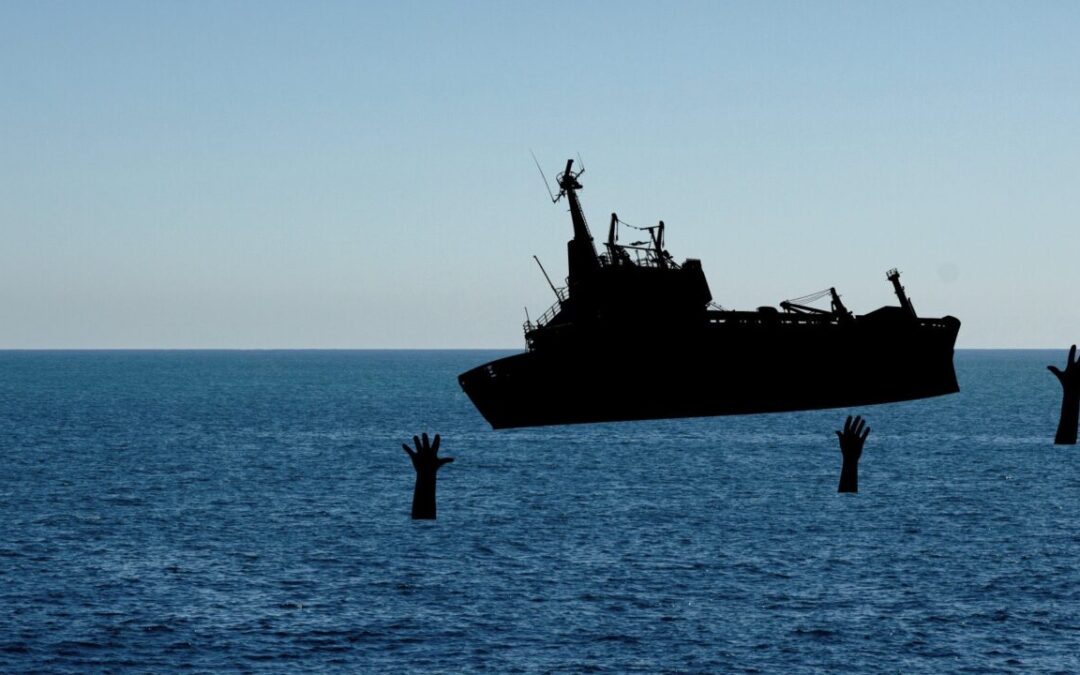
Greece: Defendants in the Pylos shipwreck trial must be released, charges must be dropped
With the trial of nine defendants accused of the Pylos shipwreck of 14 June 2023 scheduled to begin on 21 May, the International Commission of Jurists (ICJ) calls on the Greek prosecutorial authorities to drop the charges against the accused and to conduct an independent and effective investigation into the circumstances of the shipwreck.
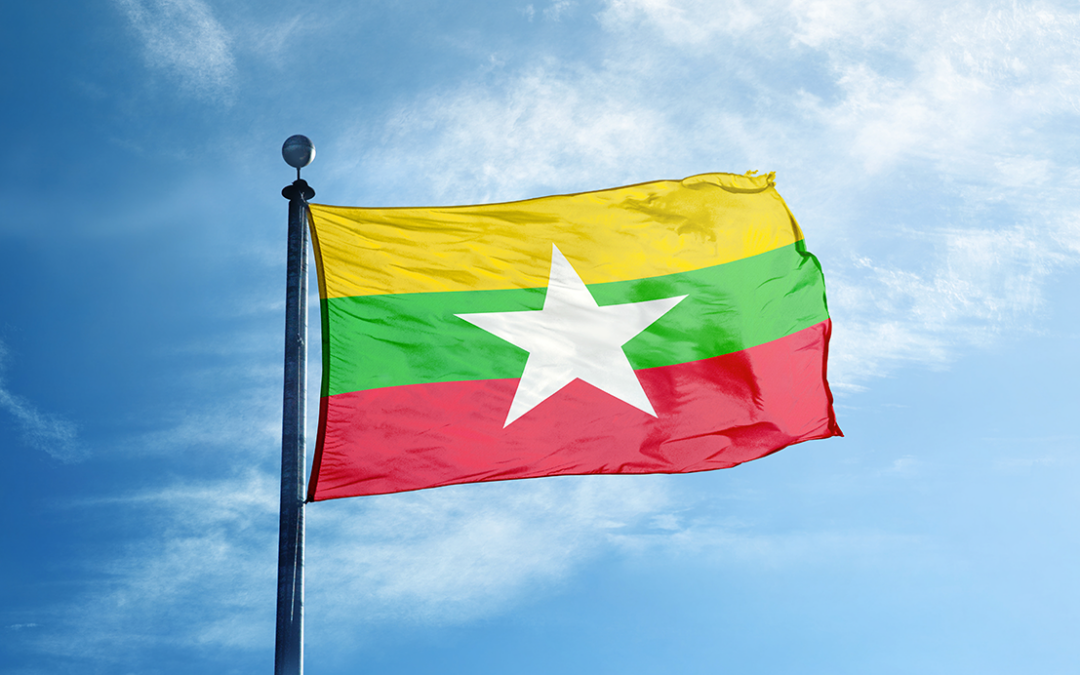
Myanmar: Unlawful attacks resulting in mass casualties to civilians and destruction of infrastructure in Rakhine State must end
The International Commission of Jurists (ICJ) today condemned the escalation of atrocities against the inhabitants of Buthidaung Township in Rakhine State. The ICJ called on all parties to the ongoing armed conflict in Rakhine State to respect international...